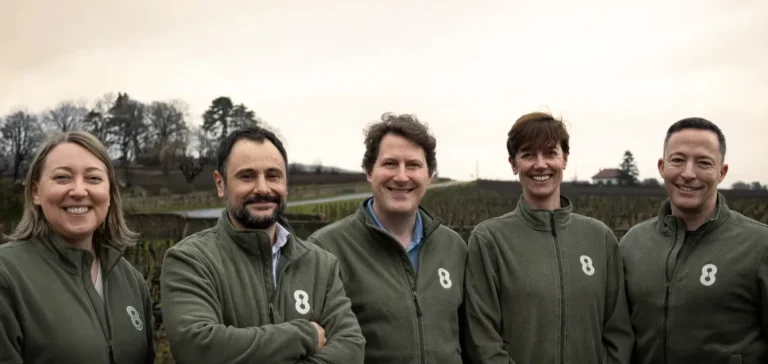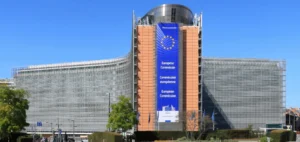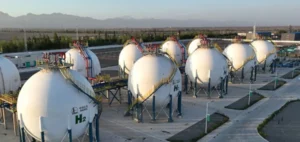Viridien, a company specialised in advanced technologies, digital data and land studies, has entered into a strategic partnership with French geosciences firm Mantle8, which focuses on natural hydrogen exploration. The agreement is backed by a direct equity investment from Viridien in Mantle8, aimed at strengthening exploration capabilities across the Europe, Middle East and Africa (EMEA) region.
Through this partnership, Mantle8 gains exclusive access to GeoVerse, Viridien’s global geological database widely used across the industry to identify complex underground structures. The collaboration also includes the integration of passive seismic sensors WiNG DFU-3C from Viridien’s Sercel division, developed to map underground hydrogen production systems with enhanced resolution.
Combining data and sensors to accelerate field campaigns
Initial deployments are intended to test and optimise technologies in real conditions to more rapidly generate commercially viable leads. The combined use of the GeoVerse database and WiNG DFU-3C sensors will, according to project stakeholders, reduce uncertainties in identifying high-potential natural hydrogen zones.
Mantle8’s management stated that this approach enables the accelerated development of predictive identification models while improving the security of future drilling programmes. The company highlights that Europe holds underexploited reserves of natural hydrogen, despite growing interest in evaluating their commercial potential.
Recent fundraising and initial findings
Earlier this year, Mantle8 raised €3.4mn from Kiko Ventures and Breakthrough Energy Europe to finance its exploration activities. At its Comminges site in the French Pyrenees, the company reports having detected some of the highest hydrogen concentrations ever recorded in Europe. These results were achieved by combining its proprietary HOREX® multiphysics imaging technology with the WiNG DFU-3C sensors.
The first complete images of an active underground hydrogen system were thus produced, marking a notable advance in the sector. Detailed results from the analysis campaigns conducted at the Comminges site are expected in September 2025.
Strengthening Europe’s position in global competition
The deal with Viridien comes as several countries, including the United States, Russia and Australia, ramp up their efforts to explore natural hydrogen. In this competitive context, geoscience and detection technologies serve as key enablers to accelerate the development of exploitable resources in the EMEA zone.
Executives from both companies emphasise the complementarity of their tools and their capacity to industrialise the identification of exploitable zones more quickly. The goal is to launch commercial projects on a shorter timeline, backed by validated data and targeted drilling campaigns.






















